When businesses plan to sell whitening products such as gels, pens, or LED kits, one of the first questions that arises is whether FDA approval is necessary or not. In the United States, the Food and Drug Administration (FDA) plays a key role in regulating oral care and cosmetic products. However, not every household teeth whitening item needs direct FDA approval before being marketed.
In most cases, teeth whitening products are categorized as cosmetics. Unless they claim to treat or alter a medical condition (for example, “to treat gum disease” or “to heal enamel damage”). If your whitening products fall under cosmetic classification, your main responsibility lies in cosmetic compliance, not formal FDA approval.
Cosmetic compliance involves ensuring that your household teeth whitening products meet all safety, labeling, and ingredient standards outlined by the FDA.
Key compliance requirements include:
Using safe and approved ingredients (e.g., hydrogen peroxide within safe concentration limits).
Proper labeling with ingredient lists and usage instructions.
Avoiding misleading claims that turn the product into a “drug” classification.
Although you don’t need pre-market FDA approval for most teeth whitening products, the FDA can take action if your items contain harmful ingredients. Working closely with your manufacturer ensures your products comply with cosmetic regulations from the start.
In specific situations, FDA approval becomes necessary — for example, if your whitening product contains active ingredients that are considered therapeutic or if you make medical claims.
For instance:
Products claiming to “restore enamel” or “treat tooth sensitivity” may be classified as drugs.
Medical devices, such as professional dental lasers, require FDA clearance.
In these cases, manufacturers and brands must submit product data and testing results to obtain FDA clearance before they can legally sell whitening products in the U.S.
Partnering with an experienced household teeth whitening manufacturer is crucial to meeting regulatory standards. A qualified factory will already follow cosmetic compliance protocols, including product stability testing, safety assessments, and proper documentation.
Professional manufacturers can also help you:
Verify that ingredients meet FDA cosmetic safety standards.
Ensure labeling accuracy.
Provide regulatory support for U.S. and EU markets.
By working with a compliant supplier, you minimize the risk of recalls or legal issues when you sell whitening products globally.
Clear labeling is a key part of cosmetic compliance. The FDA requires that all household teeth whitening products list their ingredients in descending order of predominance and include necessary warnings for safe use.
Avoid claims like “clinically proven to cure stains” or “FDA-approved formula” — unless you actually have supporting evidence. Instead, emphasize safety, user experience, and professional formulation standards to maintain compliance and credibility.
In summary, most household teeth whitening products don’t need formal FDA approval. As long as they are marketed as cosmetics rather than drugs. What matters most is ensuring cosmetic compliance — safe formulation, accurate labeling, and adherence to good manufacturing practices. For brand owners, choosing a cosmetic-compliant manufacturer who understands FDA regulations is the smartest way to confidently and legally sell whitening products in both domestic and international markets.
.jpg)
Teeth Whitening Devices: Safe At-Home Guide for Brighter Smiles
.jpg)
OEM Sonic Toothbrush Supplier for Global Brand Manufacturing
.jpg)
Portable Water Flosser OEM Solutions for Global Oral Care Brands
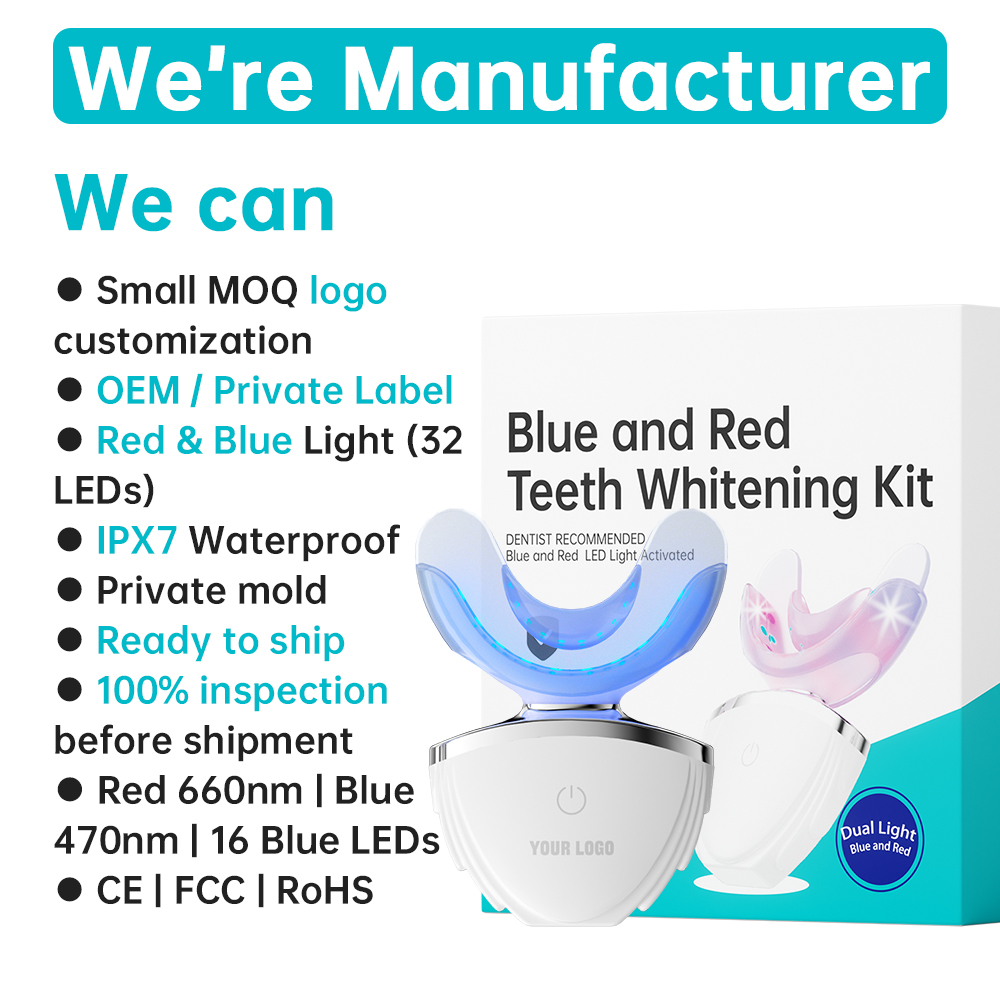
How Does a Modern Touch Interface Design Integrate with an LED Display Module for User Feedback?
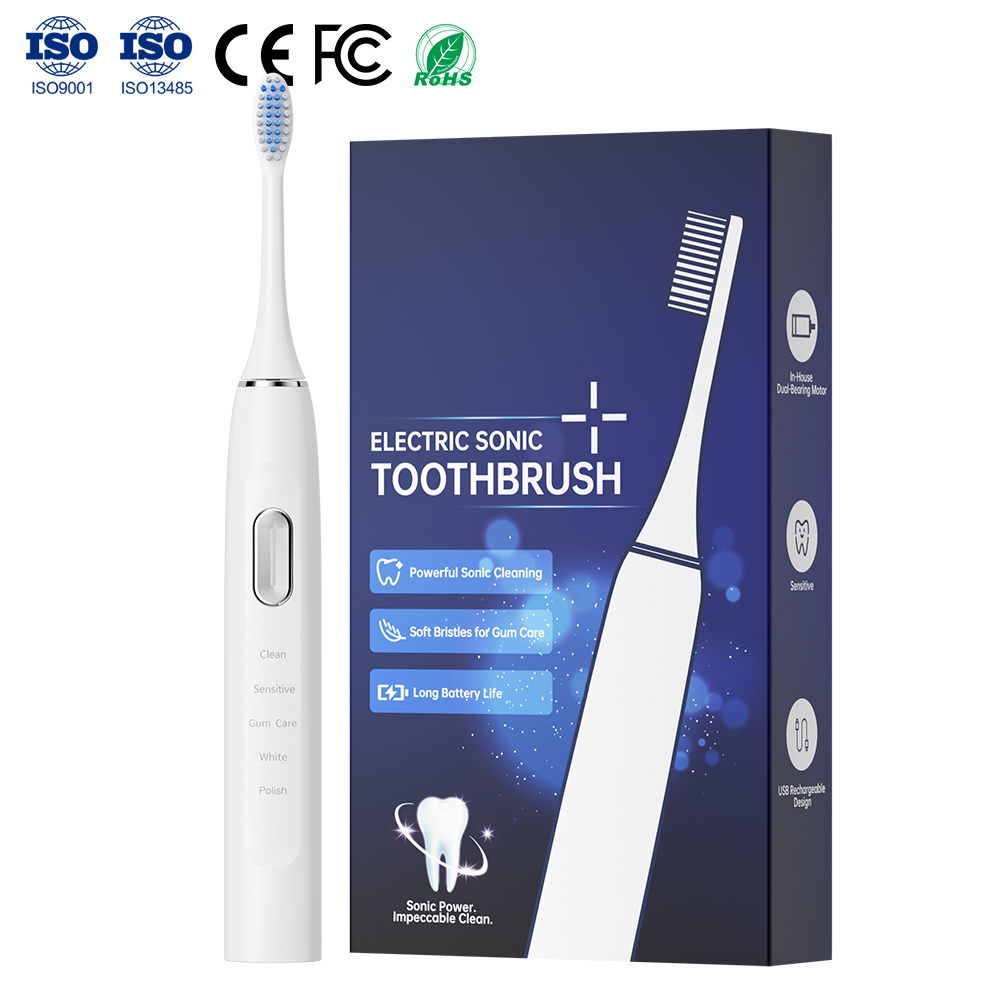
Why Include a Teeth Shade Guide with a Professional Salon Whitening Device?
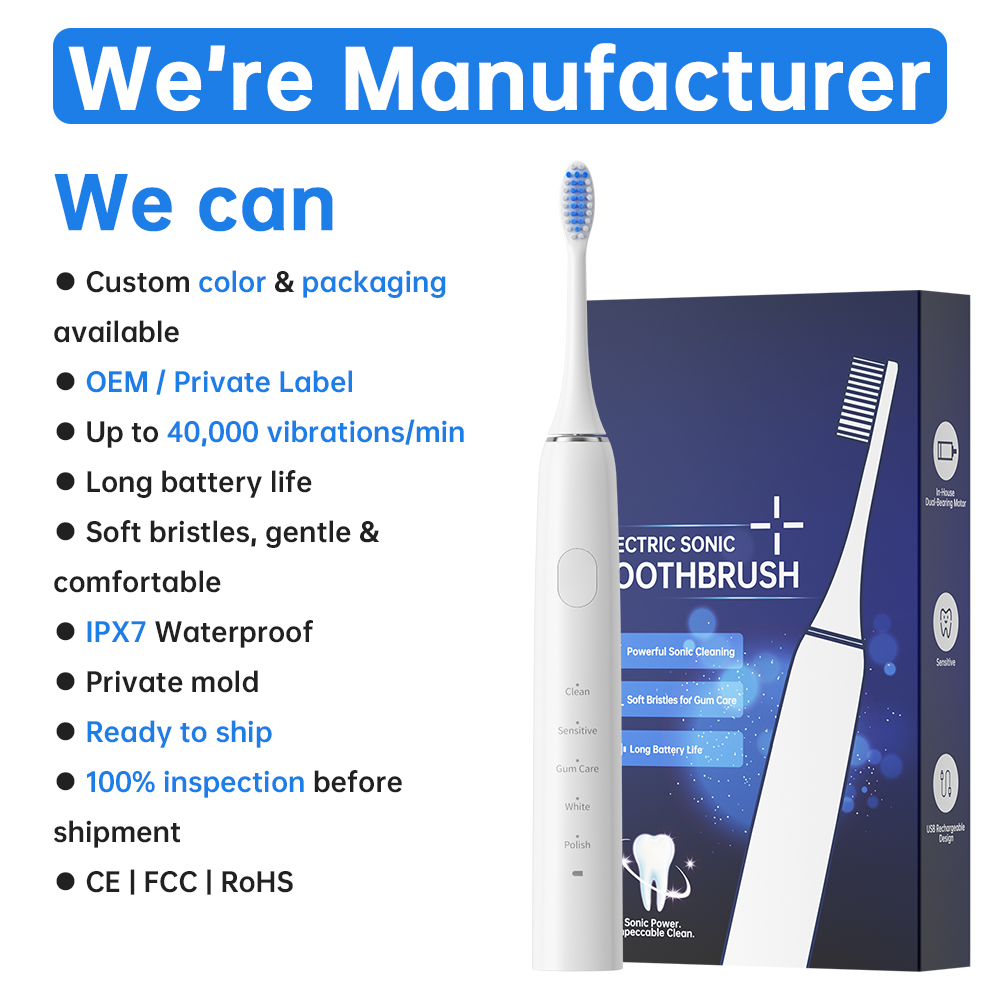
Can Smart App Connectivity Be Leveraged to Manage Brush Head Replacement Supply?
-1.jpg)
Does Premium Rose Gold Gift Toothbrush Cause Mode Confusion?
.jpg)
Navigating Electric Toothbrush Import Regulations?
.jpg)
Are You the Leading Water Flosser Nozzle Supplier for High-Volume Replacement Head Production?
.jpg)
Fast Lead Time Electric Toothbrush Supplier for Global B2B Buyers
.jpg)
Designing Kid Electric Toothbrush Models for Your Fun Dental Care Products Range?

Does POWSMART Sonic Brush OEM Pose Overheating Risks?
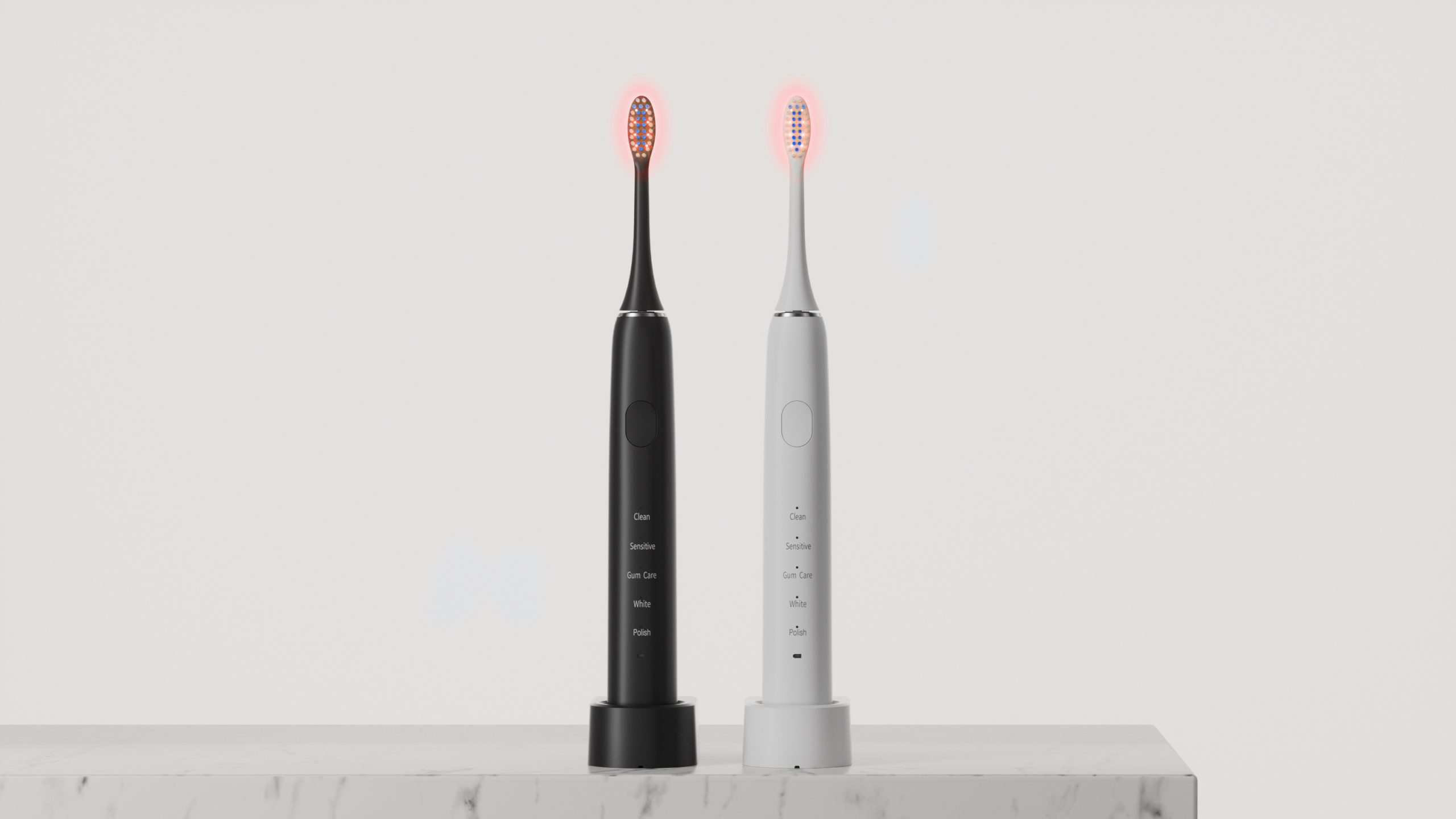
Effects of an Electric Toothbrush Combined with 3-Color Light: An OEM Analysis

Can a Rechargeable Battery Solution power an LED Display Module efficiently in flossers?
.jpg)
High-Performance Electric Toothbrush for Braces – Bulk Supply for Dental Clinics
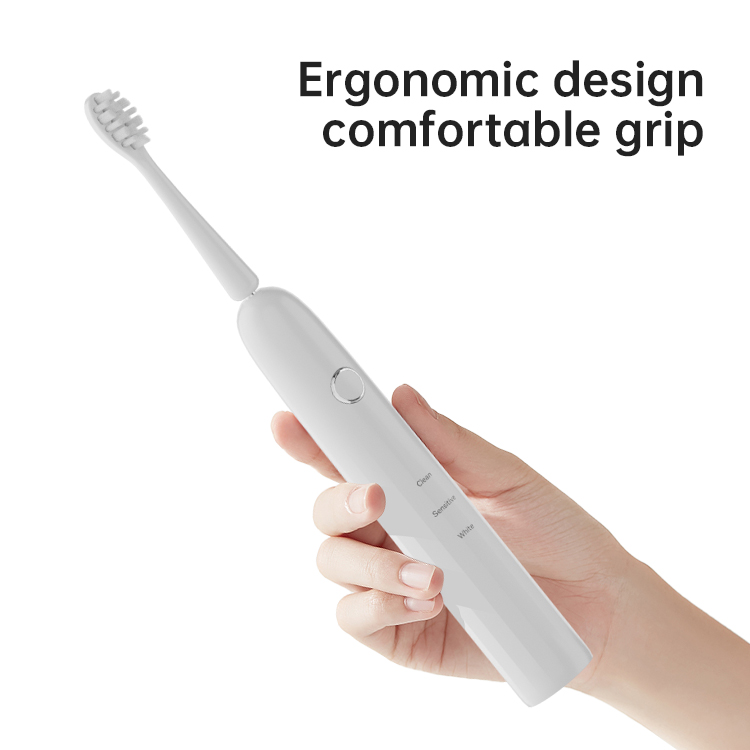
How Can Toothbrush OEM Manufacturing Services Boost Your Custom Toothbrush Branding Strategy?